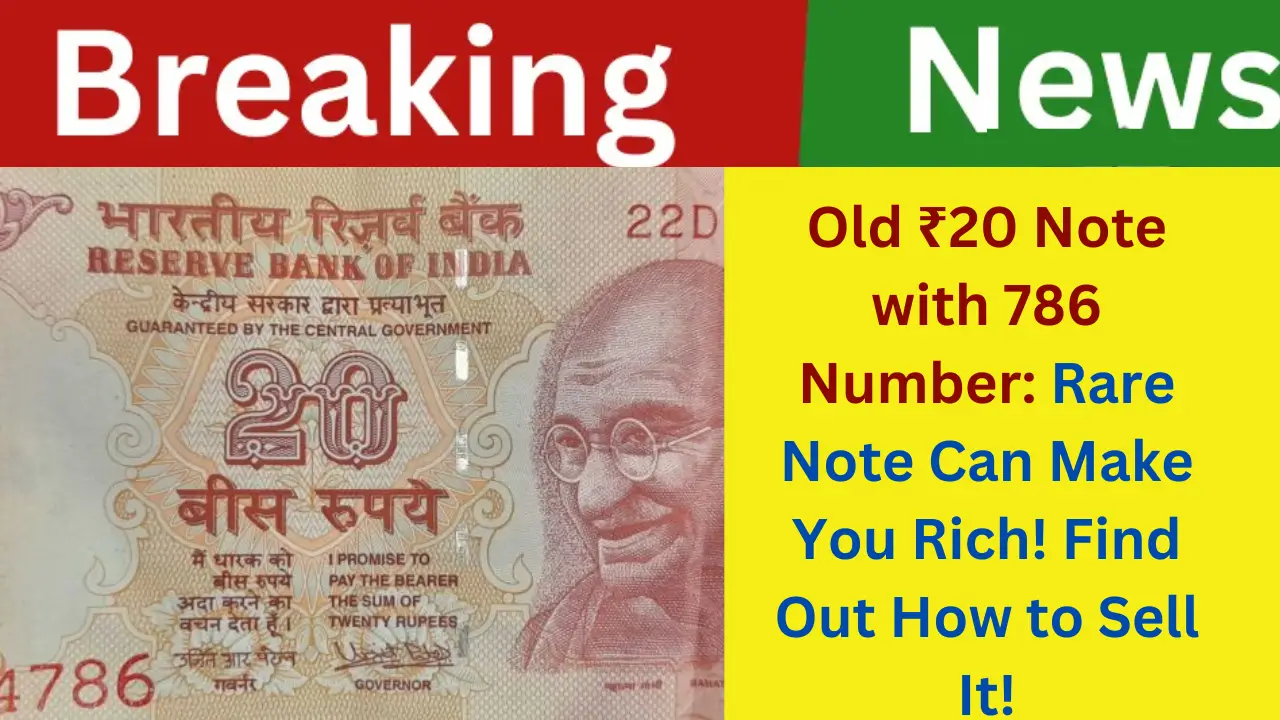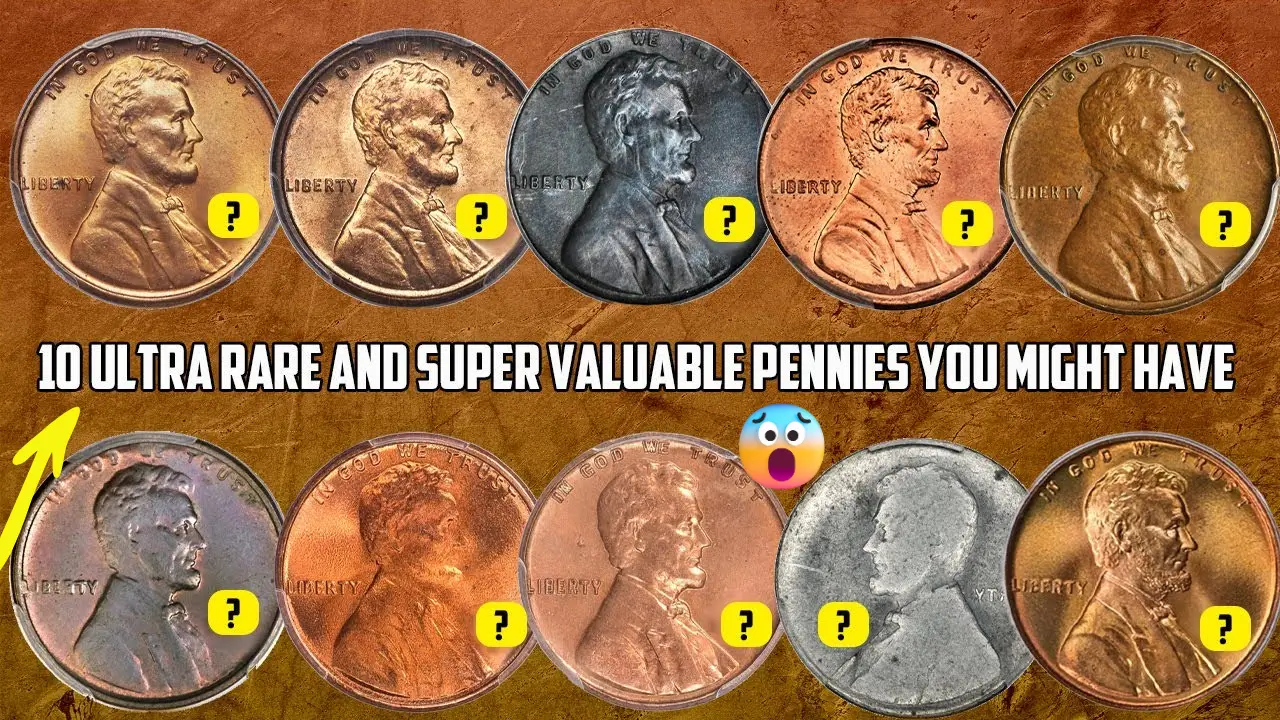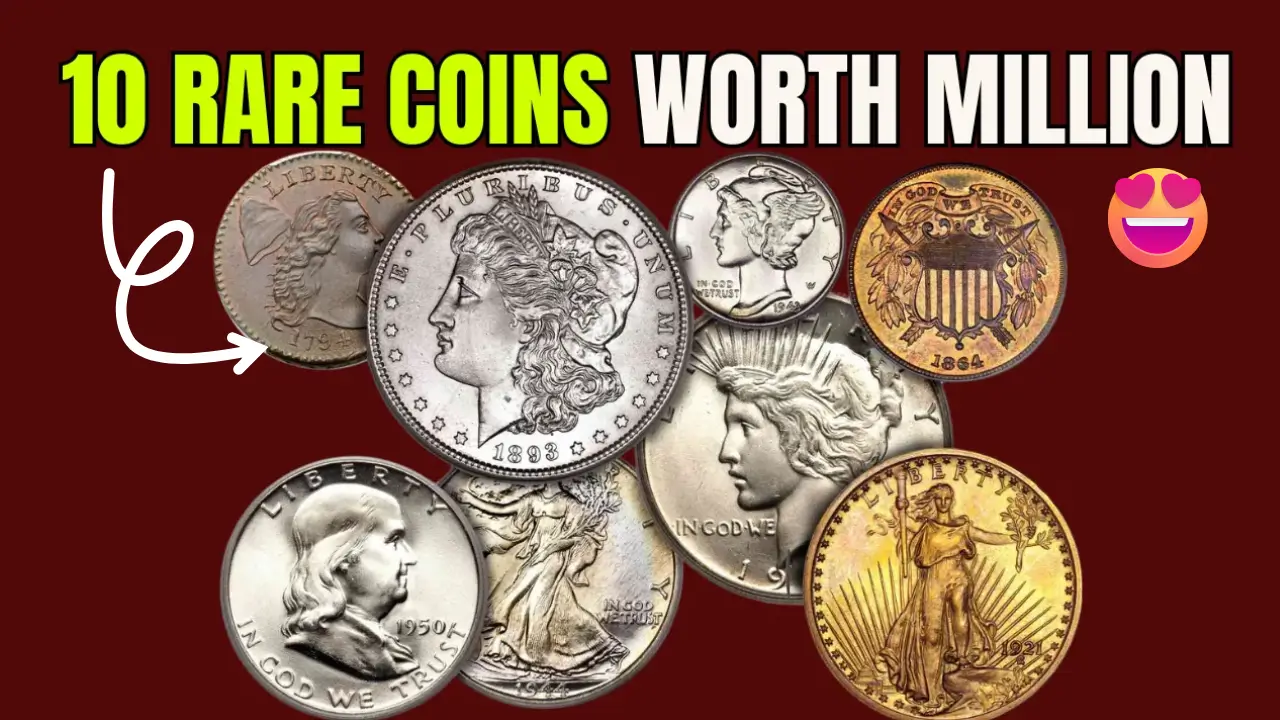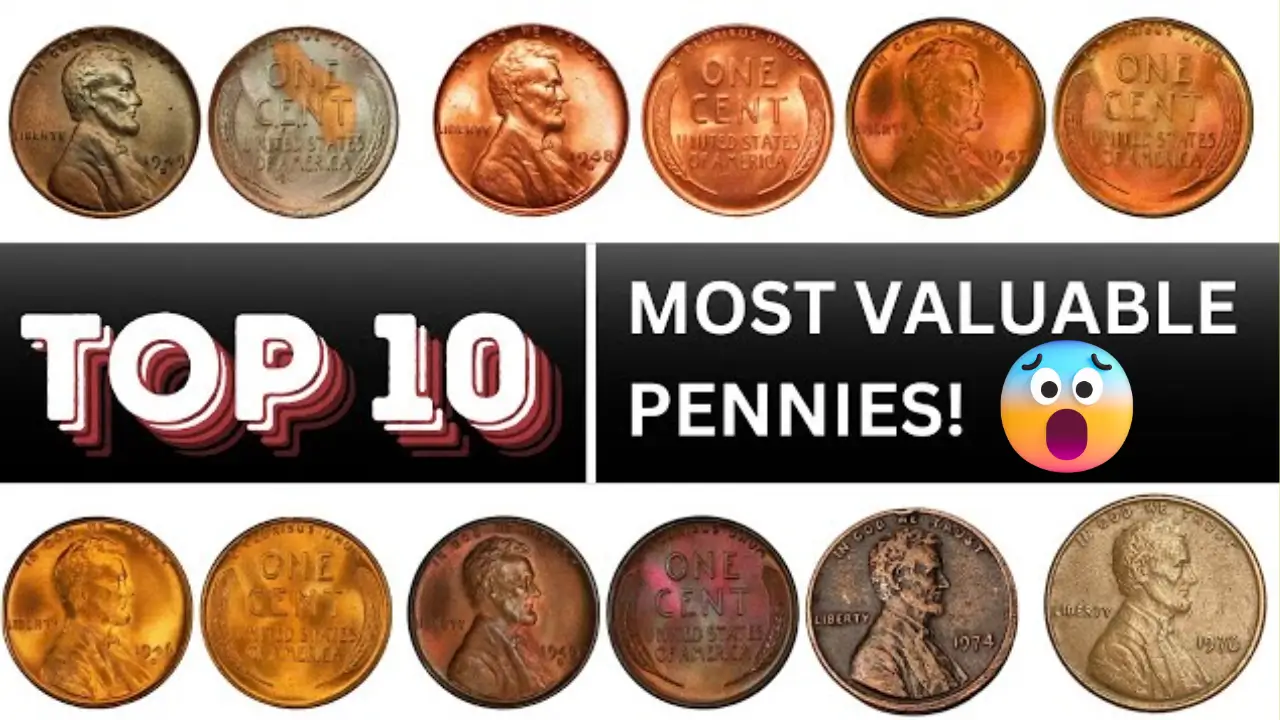Commemorative coins represent a fascinating world of numismatic artistry and historical significance. These special coins are more than just currency – they are cultural artifacts that capture moments of importance, celebrate significant events, and honor remarkable achievements. Unlike standard circulation coins, commemorative coins are crafted with extraordinary care, featuring unique designs that tell stories of national pride, historical milestones, and cultural heritage.
The journey of commemorative coins spans over a century, with governments and mints around the world creating these special pieces to mark momentous occasions. From celebrating national anniversaries to honoring iconic personalities, these coins serve as tangible memories that collectors and history enthusiasts cherish. Their limited mintage, exceptional craftsmanship, and historical significance make them highly sought-after treasures in the numismatic world.
Characteristics of Commemorative Coins
| Characteristic | Description |
|---|---|
| Definition | Special coins issued to commemorate specific events, people, or anniversaries |
| Primary Purpose | Collecting and preserving historical memories |
| Typical Materials | Silver, gold, platinum, and other precious metals |
| Mintage | Typically limited edition |
| Target Audience | Collectors, history enthusiasts, and commemorative item collectors |
| Legal Status | Legal tender, but rarely used in circulation |
| Production Frequency | Annually or for specific significant events |
Types of Commemorative Coins
Commemorative coins can be classified into three primary categories:
- Circulating Legal Tender Commemorative Coins: These coins are designed to be used in everyday transactions but feature special designs for a limited time.
- Non-Circulating Legal Tender (NCLT) Coins: Legally valid currency primarily intended for collectors, often made from precious metals.
- Non-Legal Commemorative Coins: Purely collectible items with no monetary value for transactions.
Historical Evolution of Commemorative Coins
The United States Mint first introduced commemorative coins in 1892 to celebrate the World’s Columbian Exposition. Since then, countries worldwide have embraced this tradition of creating special coins to mark significant moments. The early commemorative coins were often made of silver and gold, featuring intricate designs that captured the essence of the event or personality being honored.
Factors Determining Commemorative Coin Value
Several key factors influence the value of commemorative coins:
- Limited Mintage: Fewer coins produced typically increase value
- Precious Metal Content: Silver, gold, and platinum coins carry intrinsic metal value
- Historical Significance: Coins commemorating important events or personalities
- Condition: Proof and uncirculated coins are more valuable
- Design Quality: Unique and artistic designs attract collectors
Collecting Commemorative Coins
Numismatic enthusiasts find commemorative coins particularly appealing due to their:
- Unique historical narratives
- Artistic design
- Potential investment value
- Cultural significance
Popular Commemorative Coin Series
- American Silver Eagle
- State Quarters Program
- Olympic Commemorative Coins
- Royal Jubilee Coins
- Space Exploration Commemoratives
Investment and Collectibility
While commemorative coins can be valuable, collectors should consider:
- Authenticity: Verify the coin’s origin and certification
- Market Trends: Research current collector interests
- Preservation: Maintain coin condition
- Long-term Value: Some coins appreciate significantly over time
Global Commemorative Coin Practices
Different countries have unique approaches to commemorative coins:
- India: Issued by Security Printing and Minting Corporation
- United Kingdom: Royal Mint produces limited edition coins
- United States: Annual commemorative coin programs
- Norway: Issues cultural and historical commemorative coins
Conclusion
Commemorative coins represent more than mere currency – they are historical narratives captured in metal, telling stories of human achievement, cultural milestones, and national pride. Whether you’re a serious collector or a casual enthusiast, these coins offer a tangible connection to moments that shape our collective memory.












